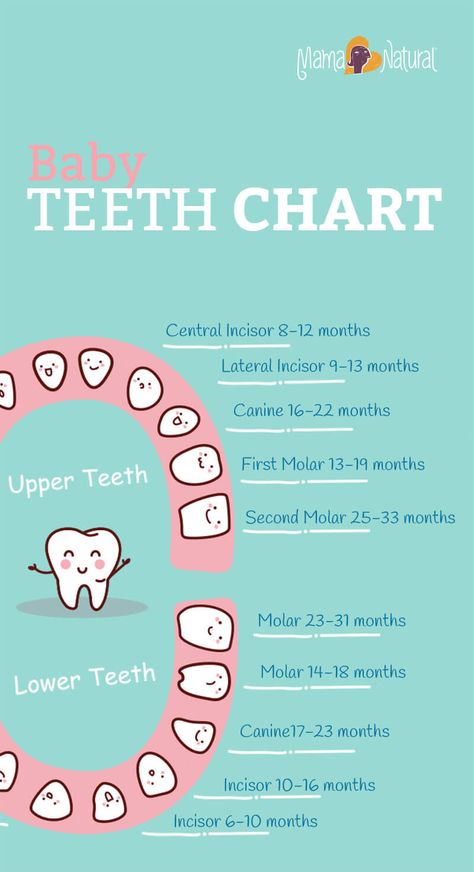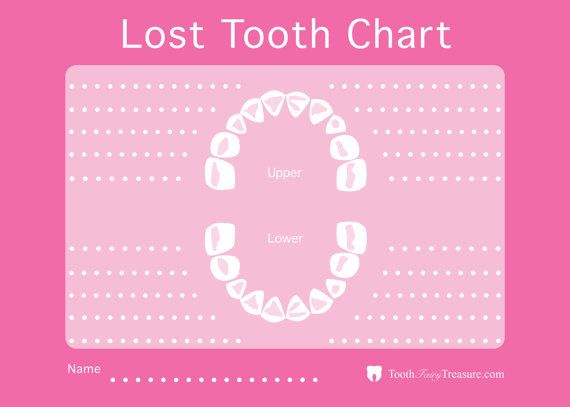How to work while pregnant
How to Get Through Every Trimester While Working
Work-Life Balance
Morsa Images/Getty ImagesJust found out you’ll be welcoming a little one into the world? Congrats! It’s truly an amazing thing–one that will (obviously) change your life forever. And while your body is working overtime, you’re still working full-time.
LEARN MOREAs a woman who worked through both of my pregnancies up until the very… last… day… I have some personal tips to share along with some guidance from the experts on how to get through pregnancy while holding down a job and maintaining your sanity.
Working During Your First Trimester
Pregnancy seems to do the opposite of procrastinate: it gets most of the rough stuff over with at the beginning. Yes, I’m talking about over-the-top fatigue and morning (or all-day, or surprise afternoon) queasiness.
One morning when my complexion was less colorful than usual at work, a colleague gave me a gift. She told me to eat some protein right before bed and to keep some crackers on my nightstand, so I could eat before even standing up. For me, it worked like a charm.
But the fatigue is real. I went to bed at 8:30 PM more times than I care to admit—even when we had company. To get through the workday, lunchtime car naps became my best friend. They could be yours too.
First Trimester Tips From the Experts
- Snack on healthy foods, especially ones with a lot of iron and protein, throughout the day to stave off nausea and avoid anything that triggers it. Coffee is a common queasiness trigger, and I can vouch for that.
- Start a great hydration habit. Get a reusable water bottle—keep it filled and nearby.
- For persistent nausea, try drinking calming chamomile tea (bonus: extra hydration).
- Go to bed early. This is the period during which the most critical stages of your baby's development are happening. You deserve some extra Zs.
- Take short, frequent breaks to stand up and stretch or even walk around the office.
Working During Your Second Trimester
For most women, including yours truly, this is the most fun part of pregnancy. You finally “pop,” but don’t yet feel gigantic, and will (probably) get back lots of energy. The only tough part for me was near the end of this trimester, sitting all day became terribly uncomfortable. I got an cough adorable cough little triangular donut cushion for my chair to protect my aching tailbone and finally bought some maternity pants.
You finally “pop,” but don’t yet feel gigantic, and will (probably) get back lots of energy. The only tough part for me was near the end of this trimester, sitting all day became terribly uncomfortable. I got an cough adorable cough little triangular donut cushion for my chair to protect my aching tailbone and finally bought some maternity pants.
Second Trimester Tips to Take Care of Yourself at Work
- Just. Buy. The. Maternity pants. Don't wait! You’ll breathe the biggest sigh of relief when you finally give into it.
- Set an alert to get up and move every couple of hours. This will help prevent fluid build-up in your lower legs and feet and can ease tense muscles.
- Make sure your chair has adjustable lumbar support for your inevitable weight and posture changes.
- Elevate your legs when possible.
- This is when you’ll have the most energy, so use it to stay healthy and take lunchtime walks.
Start Getting Ready for Maternity Leave
- Work with HR to start any paperwork related to the Family Medical Leave Act (FMLA) and, if your workplace offers it, short-term disability insurance.

- Discuss your intended return date with your boss as well as any options for a soft return (examples: half days or three days a week).
- If you plan to breastfeed, know where you’ll be able to pump when you return to work. Time and space to pump is nearly always a workplace legal requirement for nursing moms.
Working During Your Third Trimester
At this point your pre-natal appointments will be close together—most likely a week apart. Try to schedule them all out at once so you can nab the earliest appointments or late afternoon ones. This will keep your workday from getting too disrupted. You’ll either arrive to work a bit late or leave a bit early. I personally loved morning appointments. A 9 AM check-in meant I didn’t have to get up too early, but didn’t arrive at work too late to prevent me from leaving at my regular time.
Third Trimester Tips to Start Preparing
- Pack lots of snacks. You might not be able to eat full meals. After all, you don’t have much space left in there!
- Well-meaning, excited people may start to tell you that you won’t make it to your due date.
 Don’t let that fool you, or your pregnancy will seem to go on forever!
Don’t let that fool you, or your pregnancy will seem to go on forever! - Look into care options for your baby and decide which way to go. This way you can enjoy your maternity leave without stressing about daycare.
- If at all possible, work from home the week before your due date. Your small rotation of work-appropriate outfits is going to feel very tired by this point.
- Spend the first few weeks of your leave recovering, bonding with your baby and learning to be a parent, not answering work questions. Let your boss and coworkers know what—if any—things you’d like to be kept in the loop about while you’re away and set expectations about if/when it’s okay to reach out to you about work.
Finally, remember that while individual days during your leave might seem to drag on and on, and you might even find yourself waiting at the window for your husband by 5 PM, the whole of it really does fly by. Enjoy those newborn snuggles as much as you can. Good luck and happy parenting!
Updated 6/16/2022
Anne Shaw is a writer and marketing consultant with a side passion for helping people find work they love. If she's at her desk right now she's either crafting content or planning integrated marketing strategies. Otherwise, she's initiating a dance party with her preschooler and toddler or trying to navigate an obstacle course in the backyard.
If she's at her desk right now she's either crafting content or planning integrated marketing strategies. Otherwise, she's initiating a dance party with her preschooler and toddler or trying to navigate an obstacle course in the backyard.
Working during pregnancy | Pregnancy Birth and Baby
UnIess your doctor tells you it is unsafe, it is possible to work while you are pregnant. But both you and your employer may need to make some adjustments. Here are some tips on managing your work and career at this time.
Your rights
Having a baby often coincides with a time when your career is taking off.
In Australia, you are protected by law against discrimination during pregnancy. That means you cannot be treated unfairly because you are pregnant - for example, by being sacked, given fewer hours or overlooked for a promotion.
Employers are not allowed to ask you if you are pregnant or planning to become pregnant when you are applying for a job.
Your entitlement to parental leave and flexible working arrangements depends on your award, agreement or contract and how long you have been in the job.
Pregnancy is not considered an illness or an injury. If you get sick or are injured because of your pregnancy, you still get your usual sick leave entitlements. You are also entitled to take time off for appointments related to your pregnancy.
For more information on your rights, visit the Fair Work Ombudsman website.
Safety at work
All pregnant employees, including casuals, are entitled to be moved into a safe job if it isn’t safe for them to do their usual job while they are pregnant. They are entitled to the same pay rate and working hours as in their usual job. If no safe job is available, you may be entitled to no safe job leave. You may need to provide a certificate from your doctor stating whether or not you are fit to do your job.
It is especially important to think of risks and hazards to your pregnancy if you work with chemicals or animals, or do physically strenuous work, such as heavy lifting. You should also consider the physical and emotional strains of your job, travelling, posture and moving at work. You are more likely to get aches and pains in your hands and arms (carpal tunnel syndrome) while you are pregnant.
You should also consider the physical and emotional strains of your job, travelling, posture and moving at work. You are more likely to get aches and pains in your hands and arms (carpal tunnel syndrome) while you are pregnant.
If you are not sure whether something is safe, or performing a work task makes you feel dizzy and unwell, don’t do it and seek medical advice. You can also talk to your workplace health and safety officer or call Pregnancy, Birth and Baby on 1800 882 436.
When do I tell work that I'm pregnant?
There is no law saying you need to inform your employer of your pregnancy at any specific time, but some companies may have their own requirements. Check your award, agreement or contract.
You need to give your employer 10 weeks’ notice if you are planning to take parental leave. You must give them written notice of your leave and return dates, and confirm these at least 4 weeks before your leave starts.
It is a good idea to tell your employer you are pregnant before they hear it from somebody else. Your employer will need to assess any health and safety risks. They may need to move you to a different role that is safe during pregnancy, or consider different working hours in consultation with you.
Your employer will need to assess any health and safety risks. They may need to move you to a different role that is safe during pregnancy, or consider different working hours in consultation with you.
You may need to give your employer a medical certificate confirming that you are pregnant and your expected due date.
Managing work while pregnant
You may need to manage pregnancy symptoms at work, from morning sickness in the early stages of your pregnancy to fatigue at the end. Here are some tips to help you cope:
- Take regular breaks if you can and get plenty of rest at home.
- Wear comfortable shoes and clothes — most department stores stock business maternity wear, or you can buy work clothes online.
- Eat healthily and drink plenty of water.
- Try to organise your work so you don’t have to travel too much, or change your hours around the times you know you are least likely to suffer morning sickness.
- Talk to your colleagues about your pregnancy — this will help everyone support you and help to manage any tiredness, changing emotions or absent-mindedness you may experience.

- Try to manage stress, for example with yoga, stretching, deep breathing or going for a walk.
- Accept help.
When to stop working when pregnant
There isn’t an exact right time to start parental leave, and when you plan to stop work will depend on a number of factors. Your financial situation, your work role, how you are feeling during your pregnancy, as well as your and your employer’s preferences all contribute to this complex decision.
Many women find that 34-36 weeks of pregnancy is an ideal time to start parental leave. So, if you want to start parental leave at 36 weeks, you need to tell your employer about your plans by the time you’re 26 weeks pregnant.
Your parental leave can start up to 6 weeks before your due date, or earlier if your employer agrees. If you want to work within 6 weeks of your due date, your employer can ask for a medical certificate that states:
- you can continue to work
- it’s safe for you to do your normal job.

If the certificate says you’re fit for work but it isn’t safe to continue in your normal job, then you will be entitled to a safe job or no safe job leave.
It can be helpful to start planning a handover of your roles that others will need to perform when you’re on leave. Schedule handover activities and training well in advance so you don’t find yourself doing too much or getting stressed before going on leave.
Career worries and concerns
It is illegal to discriminate against you because you are pregnant. If you need support to manage your work, contact:
- Australian Human Rights Commission
- Fair Work Ombudsman
For support, call Pregnancy, Birth and Baby on 1800 882 436.
Learn more here about the development and quality assurance of healthdirect content.
Work during pregnancy
Was she stressed? Did you work in a hazardous industry? Did you work the night shift?
Naturally, stress and night shifts will not bring benefits to the unborn child.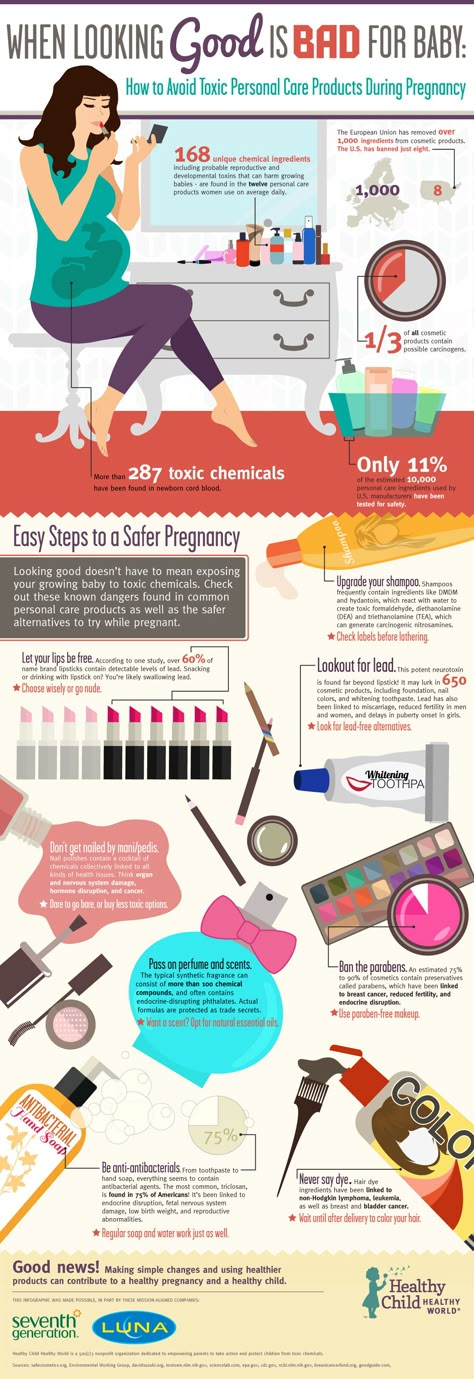 But, if the work gives a woman pleasure, not heavy and beloved, then there is not much point in leaving her.
But, if the work gives a woman pleasure, not heavy and beloved, then there is not much point in leaving her.
During pregnancy, a normal working day is not contraindicated for a woman. However, getting up early, inconvenience in transport (even if you have your own car), exhaust fumes, rush, stress at work - all this can have a harmful effect on the body of the expectant mother and baby.
Many women, fearing to displease their superiors and fear of being fired, hide their ailments, are afraid to eat outside of the lunch break, to go out into the fresh air. But it is necessary to give your body an indulgence already in the first 3 months of pregnancy. The working day of a pregnant woman should not exceed six hours.
If a pregnant woman decides not to leave work during her pregnancy, she will need to follow a few simple rules:
- If possible, do not overwork or be nervous.
- In the case of sedentary work, regularly take small breaks - stretch, walk around.

- It is very important to eat right - take food from home or in the canteen.
- It is advisable to arrange small snacks - dried fruits, muesli, apples, crackers.
What is not recommended?
Expectant mothers are not recommended to work with chemicals, work "on their feet" (hairdressers, waitresses), prolonged stay at the computer. Although all modern computers are equipped with high degrees of protection, if possible, it is better to change to an LCD monitor or use a laptop. And you need to make sure that the neighboring computer, turned to the pregnant back, is no closer than 2 meters.
What is prohibited?
During pregnancy, heavy and underground work, as well as carrying and moving heavy loads, are prohibited. Pregnant women are not allowed to work at night. The exceptions are those sectors where these measures are caused by extreme necessity and are of a temporary nature.
You cannot force a woman in position to work overtime and on weekends, to send her on business trips.
What kind of vacation is due to a pregnant woman?
Nevertheless, even if a woman observes the correct regime, and at work she is met in everything, she must go on prenatal leave two months before giving birth. It is even better to take a regular vacation before maternity leave. After all, a woman has to perform the most important work in life: to give birth to a healthy child.
In our country, a woman has the right to maternity leave of 70 calendar days before childbirth and 70 after childbirth, in case of complicated childbirth - 86 days, and when two or more children are born - 110 days. Maternity leave is accrued in total and is granted to the woman in full, regardless of the number of days actually used before childbirth.
After giving birth, a woman can take parental leave up to 3 years.
Sources
- van Beukering M., Velu A., Schonewille LHN., Duijnhoven R., Mol BW., Brand T., Frings-Dresen M., Kok M. Evaluation of a blended care program for caregivers and working pregnant women to prevent adverse pregnancy outcomes: an intervention study.
// Occup Environ Med - 2021 - Vol - NNULL - p.; PMID:33875554
- Weschenfelder F., Lohse K., Lehmann T., Schleußner E., Groten T. Circadian rhythm and gestational diabetes: working conditions, sleeping habits and lifestyle influence insulin dependency during pregnancy. // Acta Diabetol - 2021 - Vol - NNULL - p.; PMID:33837820
- Widowati R., Kundaryanti R., Julian DA., Raushanfikri A. Pregnancy and work stress: investigation of factors relating stress level of pregnant working women in Indonesia. // Gac Sanit - 2021 - Vol35 Suppl 1 - NNULL - p.S38-S41; PMID:33832622
- Wood A., Hussain ST. Working with radiation in pregnancy: a guide for cardiologists. // Heart - 2021 - Vol - NNULL - p.; PMID:33707227
- Hossain-López S., Ruiz-Berdún D. Being a woman, being a soldier, being a mother: a qualitative analysis of perceptions of pregnancy on working lives of women in the Spanish Armed Forces. // BMJ Mil Health - 2021 - Vol - NNULL - p.; PMID:33688081
- Pieters S.
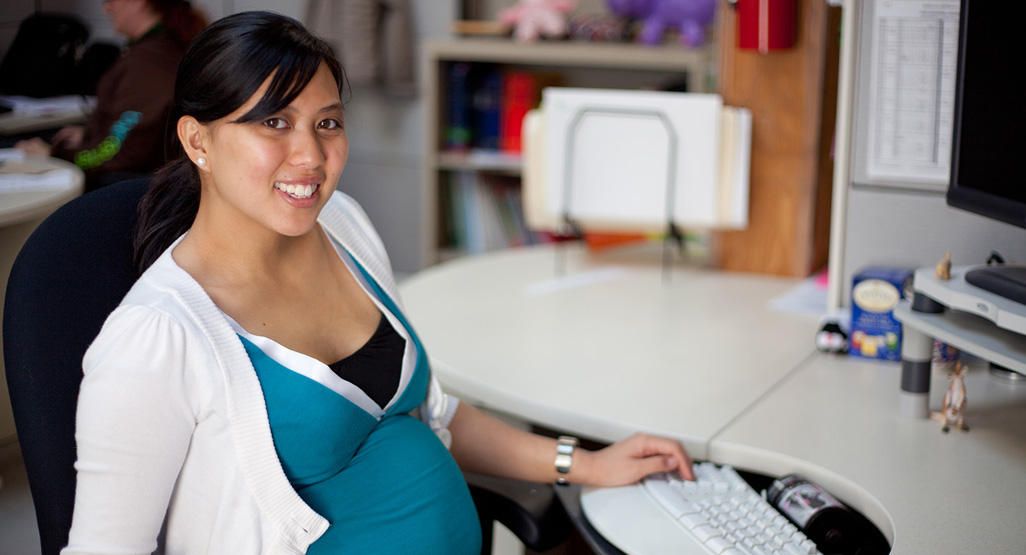 , Brett BE., Beijers R., Kessels RPC., de Weerth C. Working memory from pregnancy to postpartum: Do women really change? // Psychoneuroendocrinology - 2021 - Vol126 - NNULL - p.105169; PMID:33611134
, Brett BE., Beijers R., Kessels RPC., de Weerth C. Working memory from pregnancy to postpartum: Do women really change? // Psychoneuroendocrinology - 2021 - Vol126 - NNULL - p.105169; PMID:33611134 - Henrotin JB., Beringuier H., Groupe de Travail de L'étude GaT-Hospi GTLG. [Working at the hospital during pregnancy: A descriptive national cross-sectional study in France]. // Sante Publique - 2020 - VolVol. 31 - N5 - p.611-621; PMID:33124787
- Nadholta P., Bali P., Singh A., Anand A. Potential benefits of Yoga in pregnancy-related complications during the COVID-19pandemic and implications for working women. // Work - 2020 - Vol67 - N2 - p.269-279; PMID:33044208
- Kawase K., Nomura K., Nomura S., Akashi-Tanaka S., Ogawa T., Shibasaki I., Shimada M., Taguchi T., Takeshita E., Tomizawa Y., Hanazaki K., Hanashi T. , Yamauchi H., Yamashita H., Nakamura S. How pregnancy and childbirth affect the working conditions and careers of women surgeons in Japan: findings of a nationwide survey conducted by the Japan Surgical Society.
 // Surg Today - 2021 - Vol51 - N2 - p.309-321; PMID:326
// Surg Today - 2021 - Vol51 - N2 - p.309-321; PMID:326 - Jones SW., Darra S., Davies M., Jones C., Sunderland-Evans W., Ward MRM. Collaborative working in health and social care: Lessons learned from post-hoc preliminary findings of a young families' pregnancy to age 2 project in South Wales, United Kingdom. // Health Soc Care Community - 2020 - Vol - NNULL - p.; PMID:32875635
How to combine pregnancy and work
When a woman finds out that she is going to have a child, besides joy, she experiences so many feelings that it is hard to tell right away! And how many questions arise before her! And one of the first - how to be with work now? There are not many women who can just take and leave work in connection with the onset of pregnancy. And not just for financial reasons. Although earnings, material stability in the family is not the last thing. But there are other reasons why it is quite difficult to refuse work. These are loyalty to what you love, dedication to your work, the desire for self-development, unwillingness to let down colleagues, career aspirations, business interests, and much more. And, if a woman does not work in hazardous or physically difficult production, then why not continue!
And, if a woman does not work in hazardous or physically difficult production, then why not continue!
However, literally from the first weeks of pregnancy every day, so many new things happen inside the expectant mother that soon she ceases to recognize her own body! At first, she starts to want to sleep all the time, then it turns out that she senses all smells with incredible strength and therefore it is difficult for her to be in transport. Then increased emotionality or, conversely, apathy is added. Plus toxicity! How to work when every day brings new and new surprises? You just need to listen to what your future baby wants and go to meet him instead of living as before.
Rule one. Prioritize
From the first day, as soon as the test showed two lines, you will have to decide what in your life you will voluntarily change. After all, a pregnant woman cannot but change. But she is quite capable of resisting and resisting inevitable changes. Those who are accustomed to give themselves entirely to work, to be in the thick of things all the time, hardly accept the idea of restructuring and living differently. And such a reaction only worsens the condition of the woman, prevents her from enjoying the unusual and such a resourceful state of pregnancy! Meanwhile, even toxicosis can be avoided if you immediately decide that you are in co-creation with your child and give him everything that is needed for his development.
Those who are accustomed to give themselves entirely to work, to be in the thick of things all the time, hardly accept the idea of restructuring and living differently. And such a reaction only worsens the condition of the woman, prevents her from enjoying the unusual and such a resourceful state of pregnancy! Meanwhile, even toxicosis can be avoided if you immediately decide that you are in co-creation with your child and give him everything that is needed for his development.
Rule two. Change your daily routine
Constant sleepiness is normal in the first half of pregnancy. Don't try to fight yourself! You need to get into the habit of going to bed earlier, adding 10 minutes each day to accustom yourself to this. Even if you have to slowly add two hours of sleep, don't be intimidated. This is a temporary phenomenon: by the fourth month everything will change, and you will have more strength.
But it's better to get up earlier too, to get to work not in the crowd, but before the rush hour. You can no longer afford to run after the bus, squeeze into it from acceleration and drive in tight quarters. If you leave the house an hour earlier, then the flow of passengers is not yet so dense. Give up, if possible, part of the transport in favor of walking. At the same time and take a walk - you need daily walks. And the morning, when smog has not yet hung over the city, is the best time for this.
You can no longer afford to run after the bus, squeeze into it from acceleration and drive in tight quarters. If you leave the house an hour earlier, then the flow of passengers is not yet so dense. Give up, if possible, part of the transport in favor of walking. At the same time and take a walk - you need daily walks. And the morning, when smog has not yet hung over the city, is the best time for this.
Avoid the computer and TV in the evening after work. Better take a warm (but not hot!) relaxing bath, read a good book or listen to music. And be sure to take time every day to further strengthen the relationship with your husband. You have a difficult year ahead, you should create a “margin of safety” for your relationship, warm each other with attention and care.
Rule three. Think about your work schedule
Think about whether you can carry out all the previous duties at work? If you have an office job, then almost certainly yes. But if the work involves traveling around the city, with business trips, or, say, at work, you have to run around with a heavy video camera on your shoulder, then you will have to tell your management about your pregnancy and ask for gentle working conditions. Of course, you do not always want to advertise your position in the team ahead of time. But, if the relationship with colleagues is good, and the management appreciates you, then you will be met halfway. Discuss how you can redistribute the load. And, of course, what work responsibilities you can take on instead of those that you have to give up.
Of course, you do not always want to advertise your position in the team ahead of time. But, if the relationship with colleagues is good, and the management appreciates you, then you will be met halfway. Discuss how you can redistribute the load. And, of course, what work responsibilities you can take on instead of those that you have to give up.
“Defending your positions, be bolder: the law is on your side, a working pregnant woman is entitled to benefits and “relaxations”. However, you shouldn’t go too far: constantly drawing the attention of employees to your exceptional position, reminding them that everyone around you should protect you, you risk making a couple of enemies, ”says psychologist, family therapist Tatyana Shcherbakova.
But if there is even the slightest possibility, switch to partially remote work, take one day a week to work from home. And certainly change the schedule if your work involves night or daily duty. Now you don't need it at all!
Fourth rule.
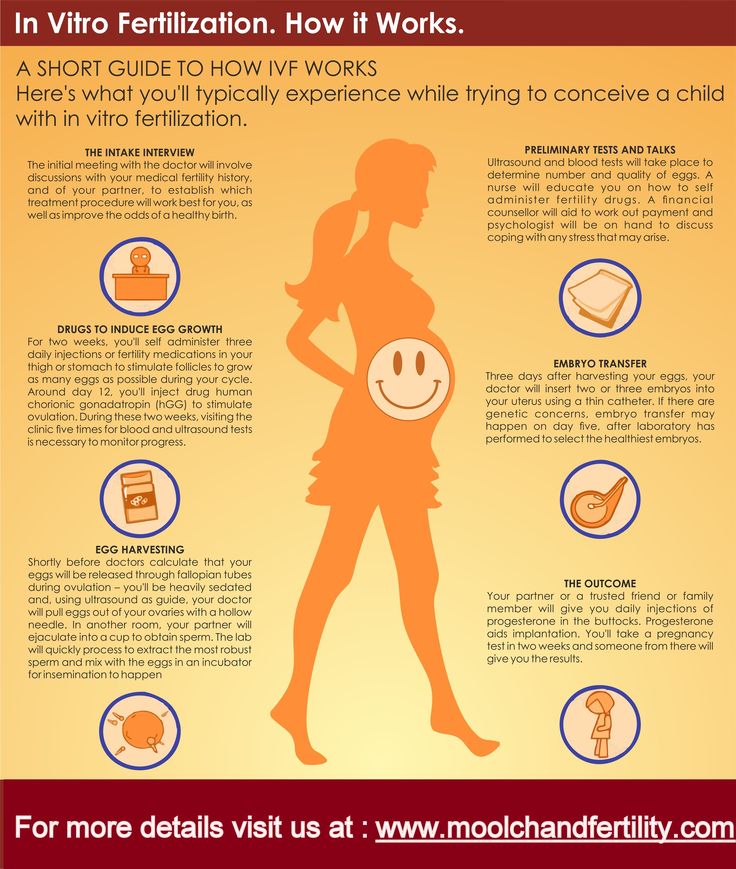 Relax
Relax Expectant mother needs not only a good night's sleep, but also rest during the day. Don't wait for the moment when you literally fall down from fatigue! Enter a rule to take short breaks of 10-15 minutes every hour and a half. To accustom yourself to this, put reminders on your phone. Only, of course, rest should be right. A coffee break will not work - you will have to give up coffee altogether, as well as alcohol and cigarettes. And, of course, you have nothing to do in the smoking room, even if the most interesting conversations are being held there. Get up, move away from the computer, do a little gymnastics and self-massage. Even the most simple warm-up will bring a charge of vivacity and provide enhanced blood circulation. This means that it will saturate the body of the unborn baby with oxygen.
As for a longer rest, it is very good for a pregnant woman to take a short vacation in the third month of pregnancy (or even at the end of the second, if toxicosis has begun).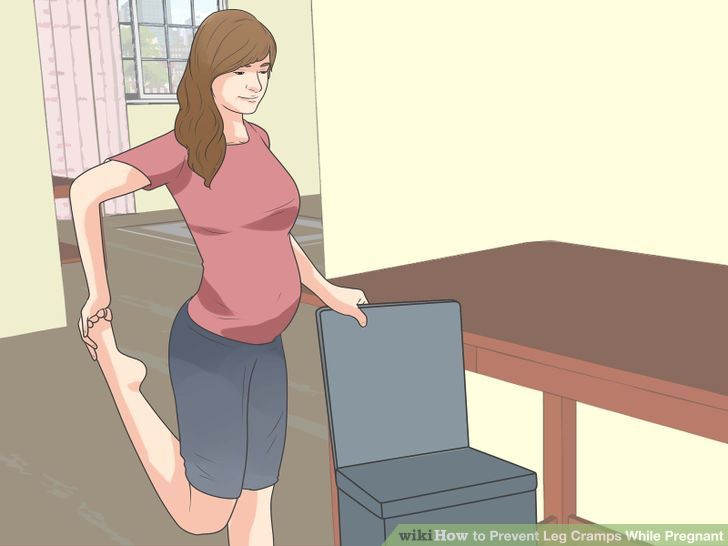 Believe me, a little later you will have more strength and energy will not take. But at the very beginning, when there is a rapid restructuring of the body, you need to learn how to live in a new way, sparing yourself. And then a vacation would be very appropriate!
Believe me, a little later you will have more strength and energy will not take. But at the very beginning, when there is a rapid restructuring of the body, you need to learn how to live in a new way, sparing yourself. And then a vacation would be very appropriate!
Rule five. Get moving
Resting does not mean lying down! On the contrary, reasonable physical activity is very useful during pregnancy. A working woman needs to do a small daily set of exercises. Plus short warm-ups during the working day to increase blood circulation. If the work is sedentary, it is imperative to introduce elements of static gymnastics so that there is no stagnation in the pelvic organs. It is not at all difficult and even imperceptible to others: simply, sitting at your workplace, tense your buttocks ten times, and then get up and walk around.
“You should definitely add outdoor walks and sparing gymnastics,” Yulia Pavlova, a perinatal psychologist, told MIR 24 correspondent . - Gymnastics is needed, in particular, to save the spine. After all, when the belly grows rapidly, the load on the lumbar region increases significantly. There is even a set of exercises specifically for pregnant women, which includes exercises for the spine and to strengthen the muscles of the pelvic floor. It is also useful to swim in the pool. Yoga for pregnant women is also good. According to Yulia Pavlova, even homework is useful if it is not associated with lifting weights, but makes you bend and stretch. For example, it is desirable to wash the floor with your hands!
- Gymnastics is needed, in particular, to save the spine. After all, when the belly grows rapidly, the load on the lumbar region increases significantly. There is even a set of exercises specifically for pregnant women, which includes exercises for the spine and to strengthen the muscles of the pelvic floor. It is also useful to swim in the pool. Yoga for pregnant women is also good. According to Yulia Pavlova, even homework is useful if it is not associated with lifting weights, but makes you bend and stretch. For example, it is desirable to wash the floor with your hands!
But you really have to give up power loads in the gym and ride a bike. Not to mention traumatic sports, including skiing.
Rule six. Choose the best
This rule doesn't just apply to food. The mother-to-be usually gets used to choosing healthy foods by about the third month of pregnancy. She understands what food makes her feel bad, and what kind of food she wants during this period of time.
But in exactly the same way, you need to “filter” everything that you deal with according to the principle of utility. Try to minimize unnecessary conversations, straining social contacts, negative information, including browsing social networks. There are even individual colleagues from whom it is “bad”. Of course, a working mom can't completely insulate herself from everything she doesn't like. But to “pump” the useful skill of listening to yourself and minimizing what is not useful is simply a must!
“We live in a world full of events and impressions. And pregnancy is a great opportunity to develop the ability to choose not only healthy food, but also music, films, trips, acquaintances and topics for conversation,” says family psychologist, writer, mother of 11 children Ekaterina Burmistrova .
Rule seven. Explore new opportunities
Do not treat pregnancy as a period of trials and restrictions. On the contrary, according to Ekaterina Burmistrova, this is the time when new opportunities open up for you.



